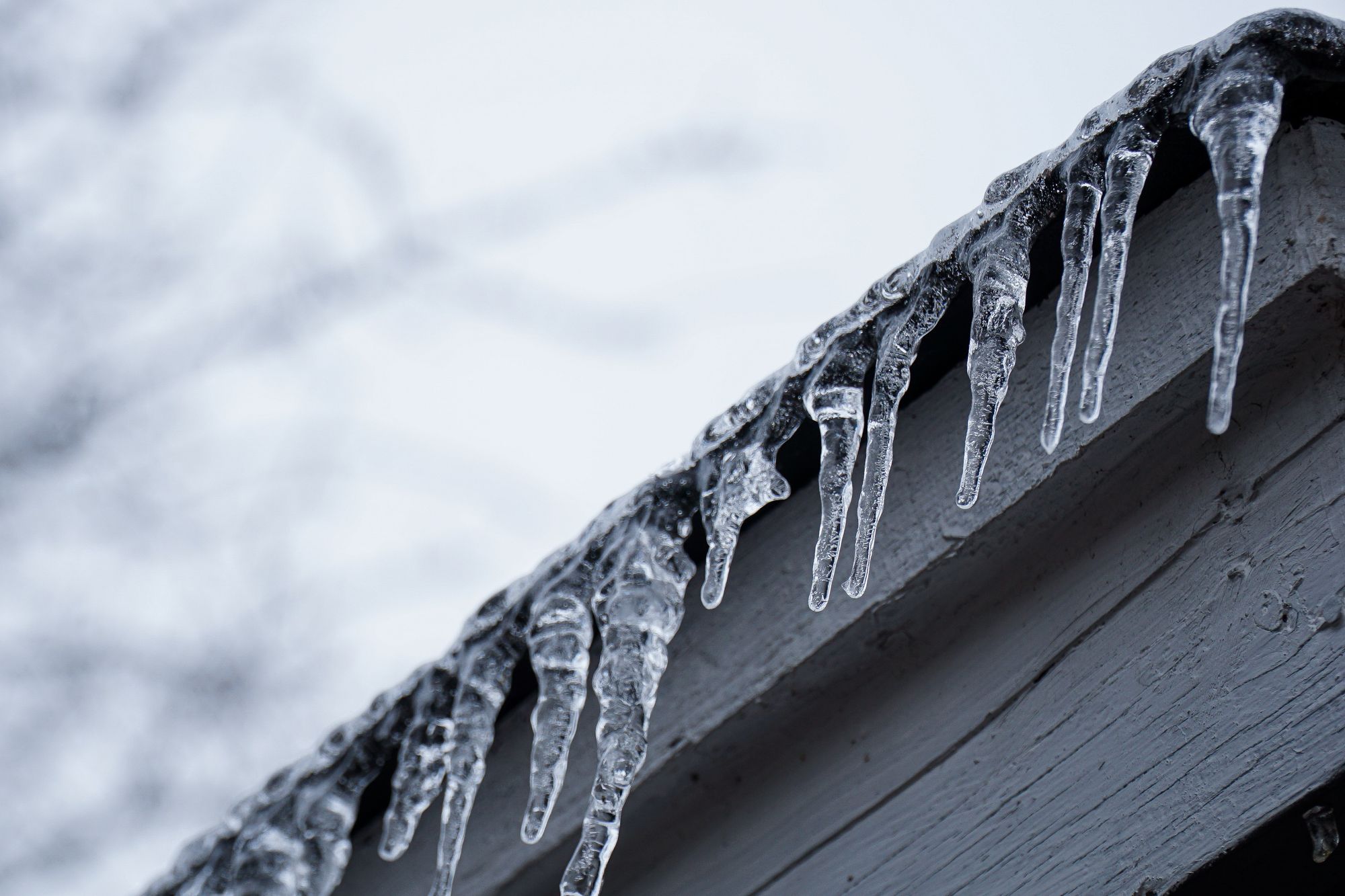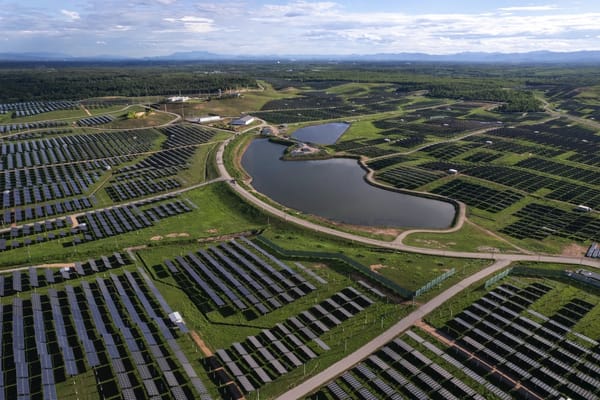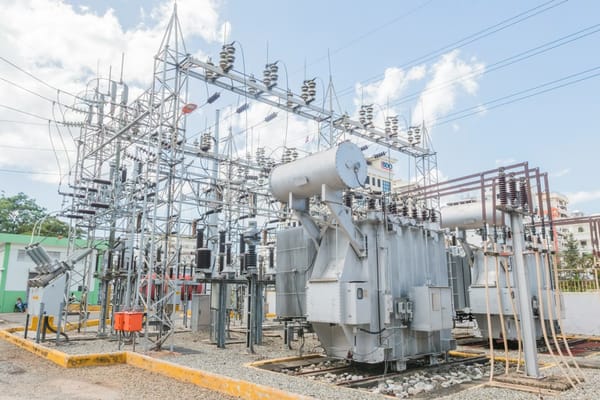Winter Is Almost Over, But Cold Weather Preparedness Is Here To Stay

Spring is a time for new beginnings, fresh starts, and warmer weather. For many of us, it is a time to put away our winter coats, hats, and gloves, and look forward to the upcoming summer months. However, for those of us in the electric utility industry, spring does not necessarily mean the end of cold weather. Instead, it is a time to focus on cold weather preparedness for the foreseeable future.
As an owner or operator of a Bulk Electric System (BES) facility, the reliability and safety of the BES is always a top priority. This is especially true during the cold weather months, when the potential for power outages and other issues increases. That is why the North American Electric Reliability Corporation (NERC), the Federal Electric Regulatory Commission (FERC), and the Regional Entities, along with electric industry owners, operators, users, and related stakeholders, have taken a keen interest in ensuring the reliability of the BES during cold weather months.
On April 1st, 2023, Generator Owners in most of North America will be required to have developed, implemented, and subsequently maintained one or more cold weather preparedness plans for its generating units under NERC reliability standard EOP-011-2 - Emergency Preparedness. These plans will require, at a minimum:
- Generating unit(s) freeze protection measures based on geographical location and plant configuration.
- Annual inspection and maintenance of generating unit(s) freeze protection measures.
- Generating unit(s) operating limitations in cold weather to include:
- capability and availability
- fuel supply and inventory concerns
- fuel switching capabilities; and
- environmental constraints.
- Generating unit(s) minimum cold weather
- design temperature; or
- historical operating temperature; or
- current cold weather performance temperature determined by an engineering analysis.
As you can see, there are many requirements for cold weather preparedness plans. While many Generator Owners have or can obtain the required information, they need to take the time to document that information more formally as part of their cold weather plans. When developing their plans, Generator Owners should take care to note that the above items are required at the “generating unit” level. In addition, the above listed items are simply the minimum standard that is required; NERC and the regional entities have published documents and presentations with additional recommended items, such as developing winter checklists, establishing clear deadlines for beginning and completing winter preparedness actions, documenting critical components, addressing winter storm staffing needs, and snow removal, among others.

There are various ways to show that the required plans have been implemented by the effective date of the Reliability Standard, such as a formal sign-off, related preventive maintenance activities set up in work order management systems and completed (as per the Implementation Plan), and conducted and documented formal training on these plans.
Speaking of training, there is also a requirement for each Generator Owner (along with its Generator Operator) to identify the entity responsible for providing generating unit-specific training, and for that entity to provide the training to applicable maintenance and operating personnel responsible for implementing the cold weather plans. The initial training must be conducted by the effective date of the Reliability Standard (as per the Implementation Plan). Entities should take care not to forget to train new maintenance or operations personnel that are hired after the effective date of the requirements.
While many of us may be looking forward to warmer weather and the end of winter, those in the electric utility industry must remain vigilant when it comes to cold weather preparedness. As the deadline for compliance with NERC reliability standard EOP-011-2 approaches and passes, it is important for Generator Owners to take the necessary steps to ensure that their cold weather preparedness plans are developed, maintained, and implemented. By doing so, they will help ensure the reliability of their Bulk Electric System facilities during the cold weather months.
For help with your cold weather preparedness, book a session with a trusted advisor at Acumen!





